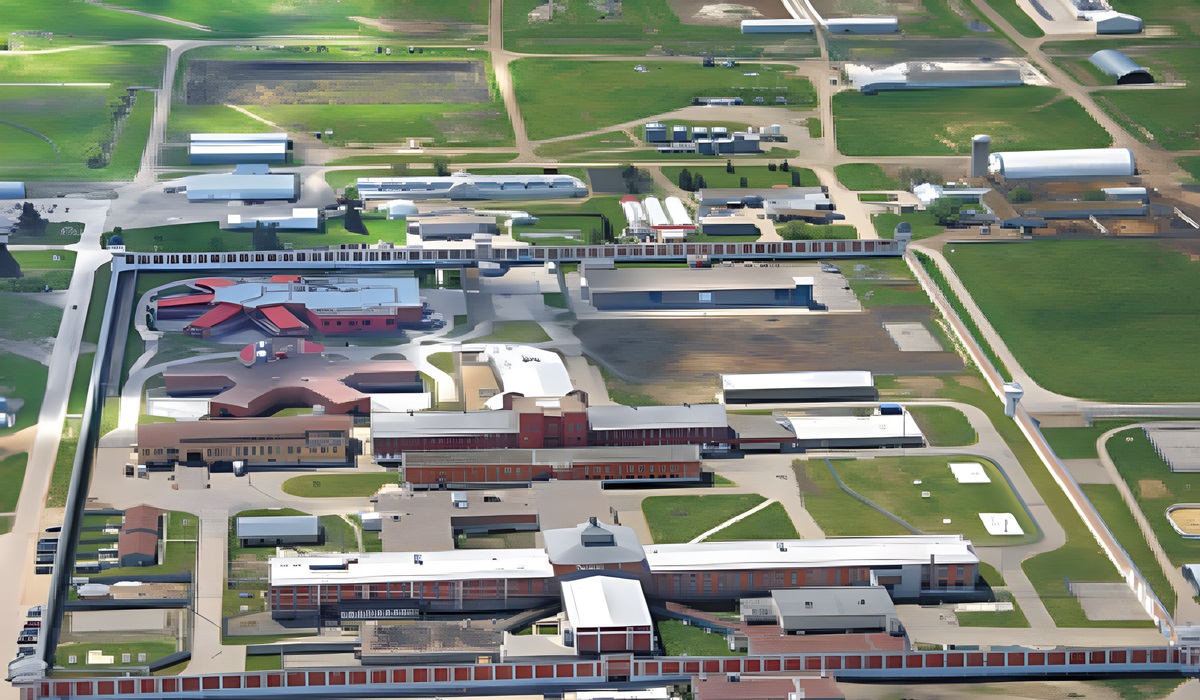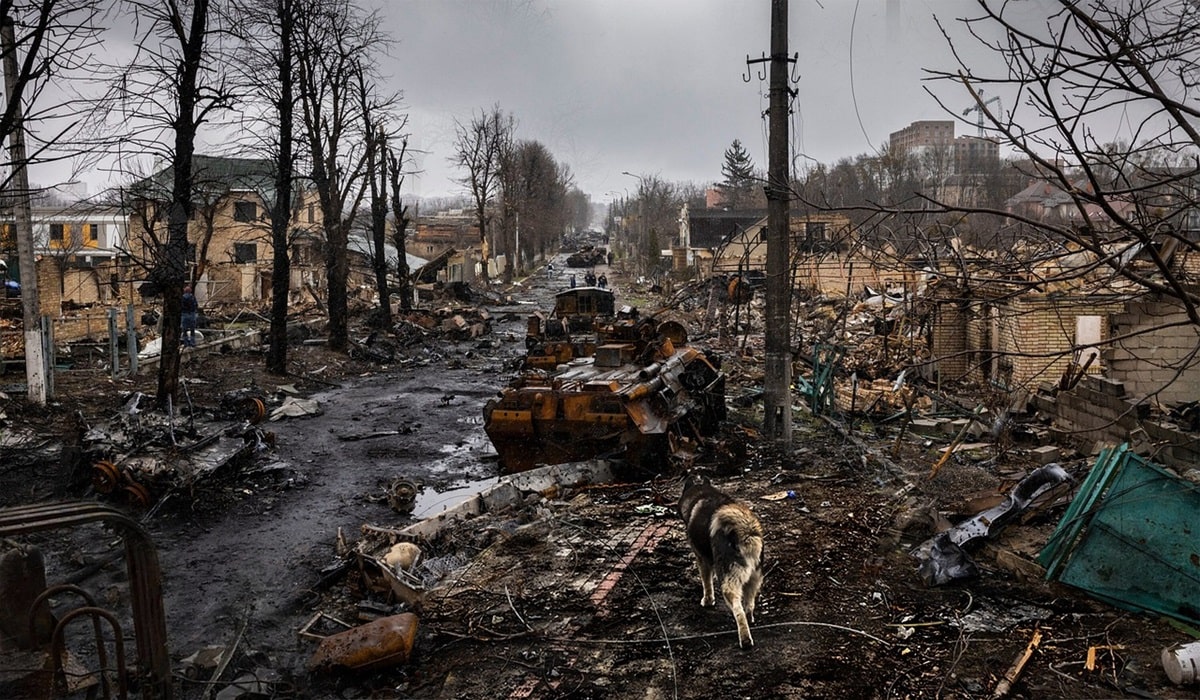Israel Strikes Iran, Drawing America Deeper Into Another Proxy War
- TDS News
- Breaking News
- October 26, 2024

Last night, Israel launched airstrikes on Iran, indicating to have targeted military installations with precision. This assertion raises significant questions among international observers, particularly regarding the lack of similar precision in military operations within Gaza, Lebanon, and Syria, where civilian structures and vital infrastructure have suffered extensive damage. While these strikes are framed as necessary responses to threats from Iranian-backed groups firing hundreds of rockets daily, the humanitarian toll in these regions remains staggering. Human rights organizations are scrutinizing the proportionality of these actions and the impact on civilian life, emphasizing the need for a more balanced discourse.
The complexity of the conflict is further heightened by the backing of various militant groups, primarily funded by Iran, which have made it clear they will not cease hostilities until a two-state solution is realized or Israel ceases to exist. This geopolitical landscape makes it evident why there is a pronounced focus on Iran, viewed as a central player in the ongoing tensions. Additionally, Israeli Prime Minister Benjamin Netanyahu’s steadfast opposition to any form of a two-state solution complicates matters further, as his administration pursues policies that appear aimed at resettling Gaza in a way that would likely exclude Palestinians from their lands.
The current hostilities can be traced back to a series of provocations. Initially, Israel struck the Iranian embassy in Syria, which prompted a retaliatory response from Iran. This tit-for-tat cycle escalated further when Israel assassinated a political leader of Hamas on Iranian soil, a provocative act that necessitated a response from Iran. This chain of events, which could have been contained, has spiraled into a broader conflict, particularly following Israel’s latest attack on sovereign Iranian territory. Now, both Israel and the U.S. have reportedly advised Iran not to retaliate in the wake of these strikes, raising serious questions about the principles of sovereignty and self-defense. In no modern or ancient era has a country been attacked in wartime and then instructed not to respond. Such an expectation seems utterly absurd and highlights the imbalances in the current geopolitical narrative.
As the situation escalates, the role of the United States becomes increasingly contentious. At any point, the U.S. could have chosen to end this war but has opted not to, primarily due to political considerations that align with the Biden administration’s need to secure votes and America’s unwavering support for Israel. This decision places the administration in a precarious position, especially as polling suggests that the majority of Americans do not support war or the allocation of resources to fight conflicts thousands of miles away.
Netanyahu’s strategic maneuvers seem to align with a desire to see Donald Trump return to office, a sentiment that raises eyebrows given the current administration’s approach to foreign policy. Kamala Harris’s unwavering support for the decisions made by the Biden administration further complicates the political landscape.
The current conflict echoes the protracted U.S. involvement in Iraq, which resulted in trillions spent, millions displaced, and hundreds of thousands dead. As American military assets, including troops and advanced weaponry, are deployed to support Israel, critics argue that this commitment risks dragging the U.S. into another costly and contentious war. Reports on the success of Israel’s airstrikes vary, with claims of significant damage countered by Iranian sources asserting that their missile defense systems successfully intercepted the majority of the attacks.
In this charged atmosphere, the imperative for diplomatic engagement grows ever more pressing. The realities on the ground demand a nuanced approach that prioritizes peace and stability over military escalation, even as entrenched positions and long-standing grievances continue to dominate the narrative. The future of the region hangs in the balance, and the responsibility lies with world leaders to seek resolutions rather than perpetuate cycles of violence.








